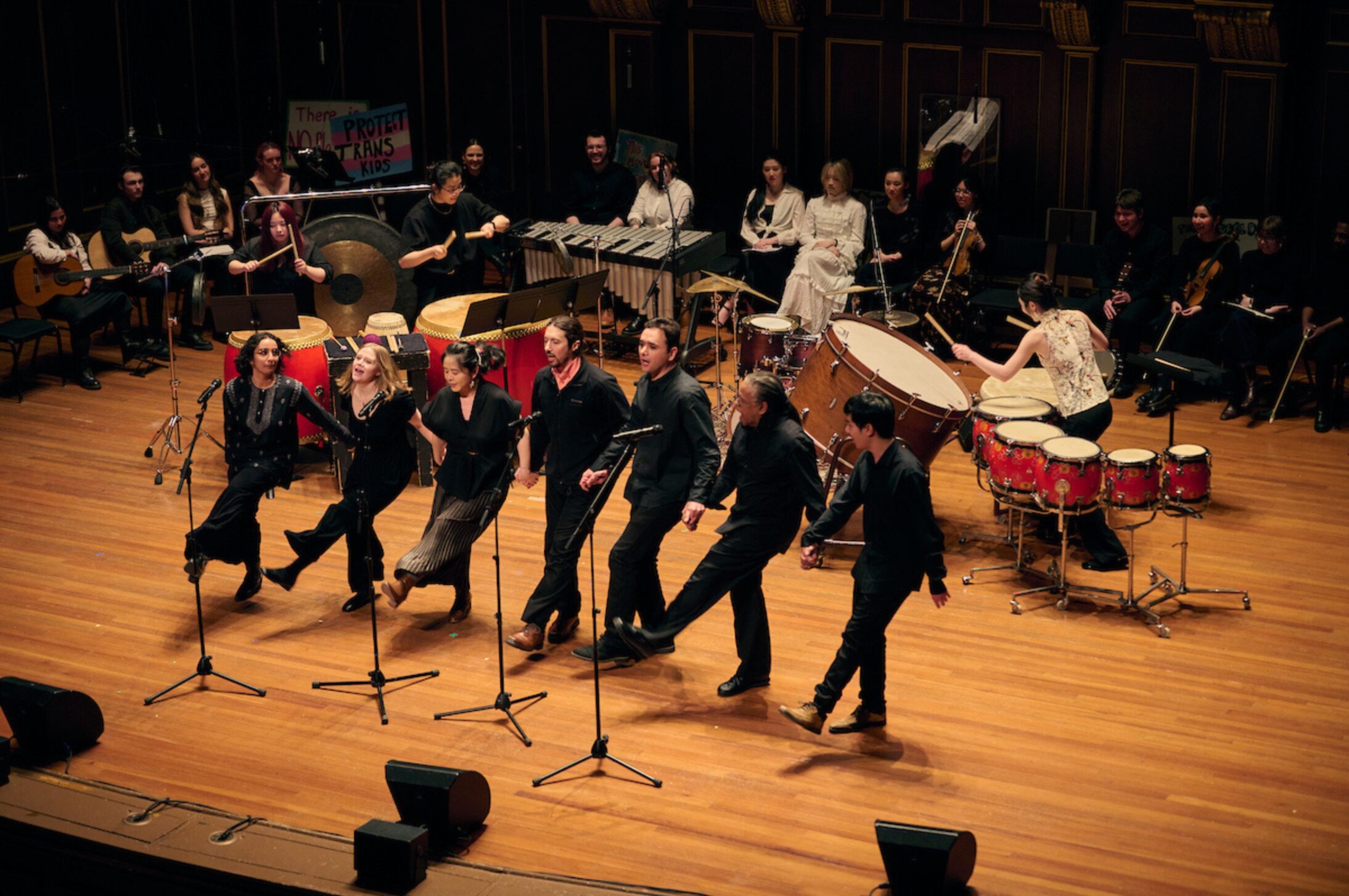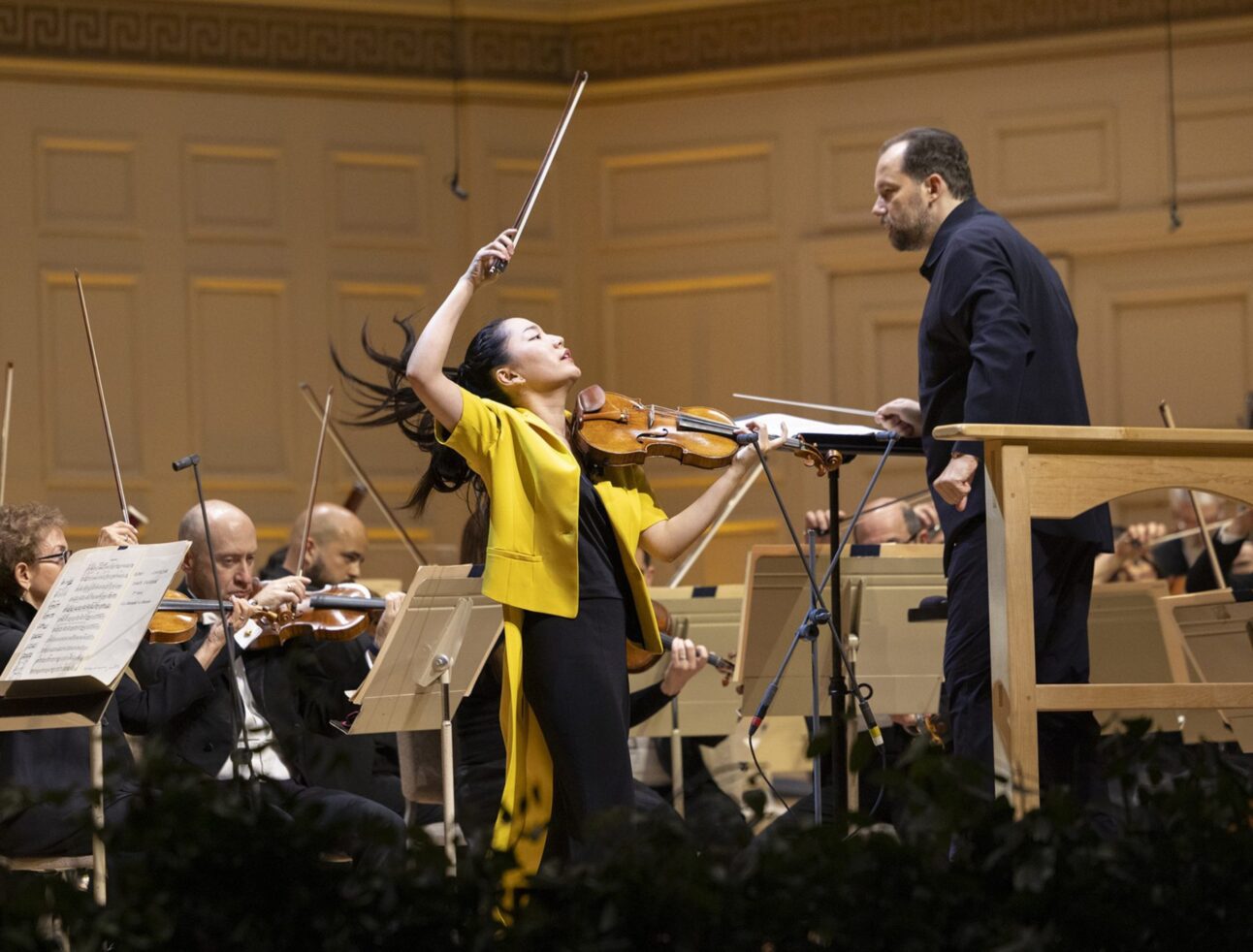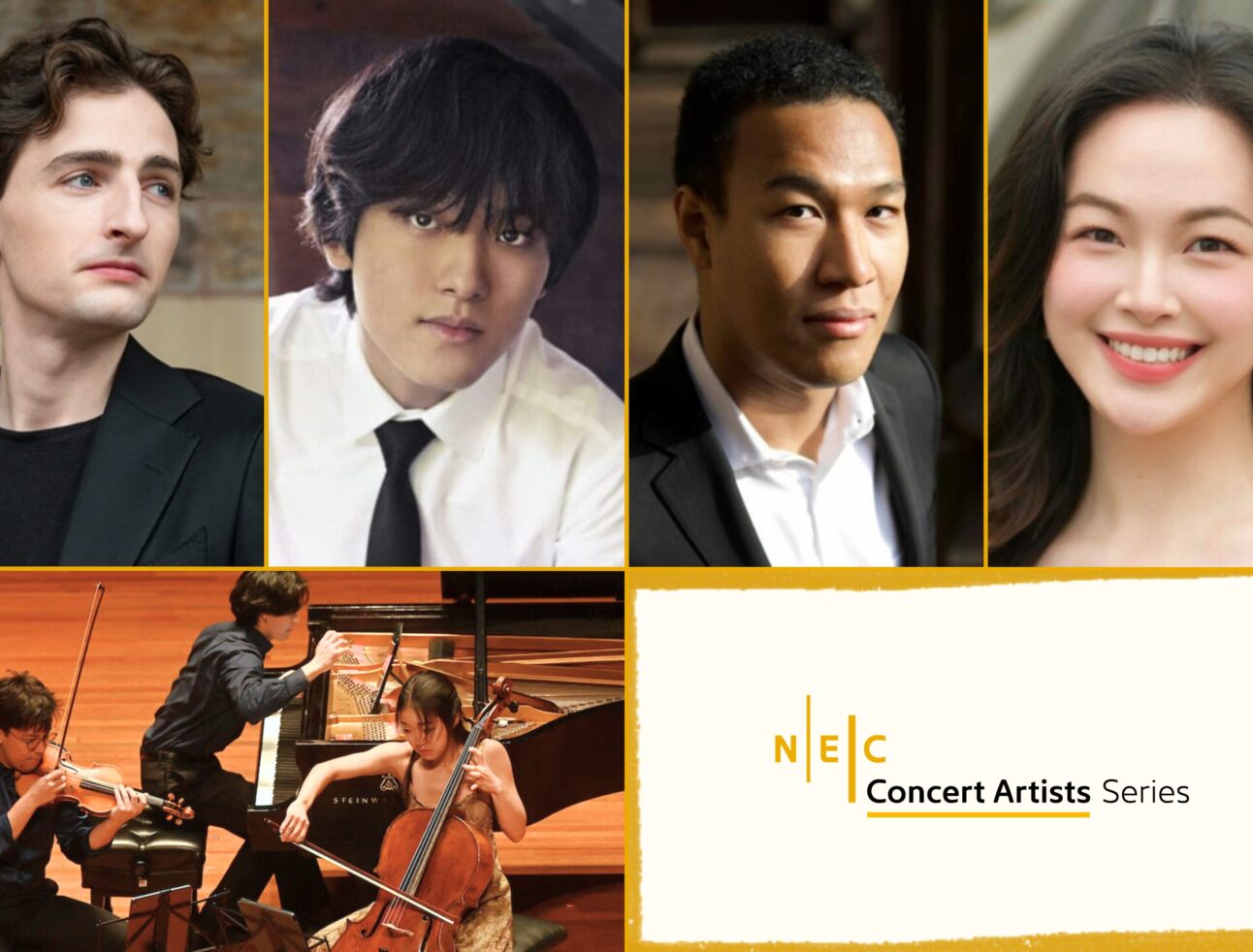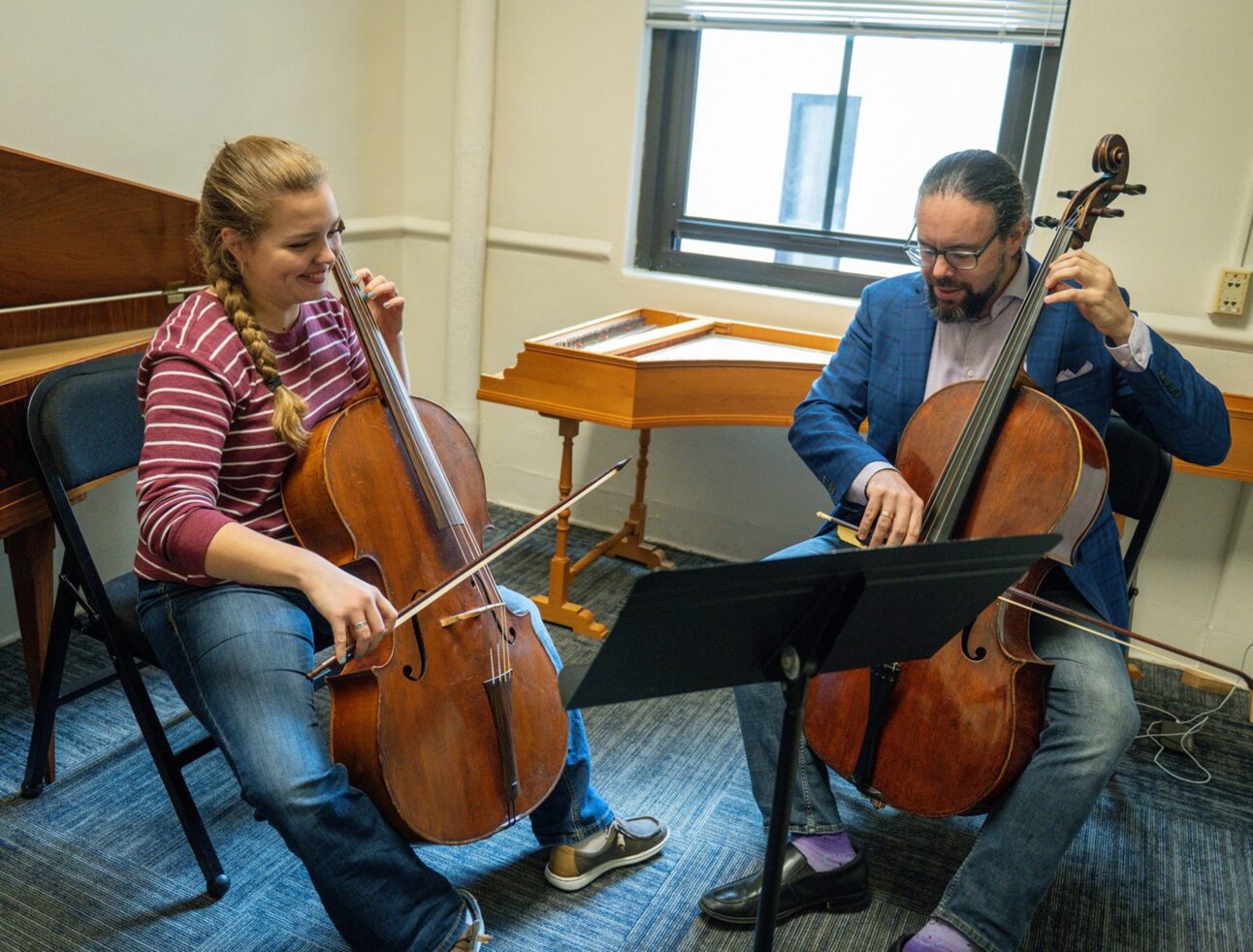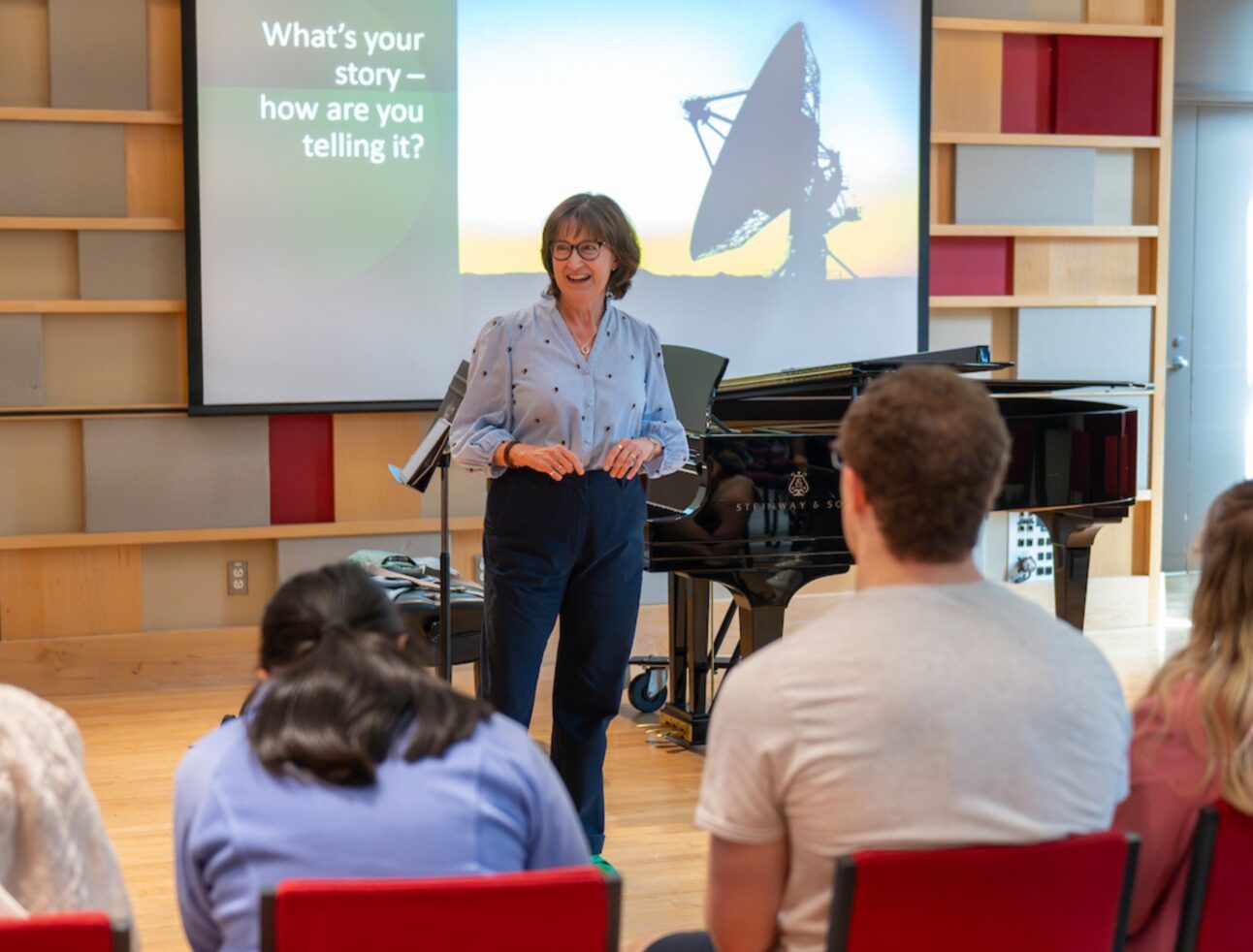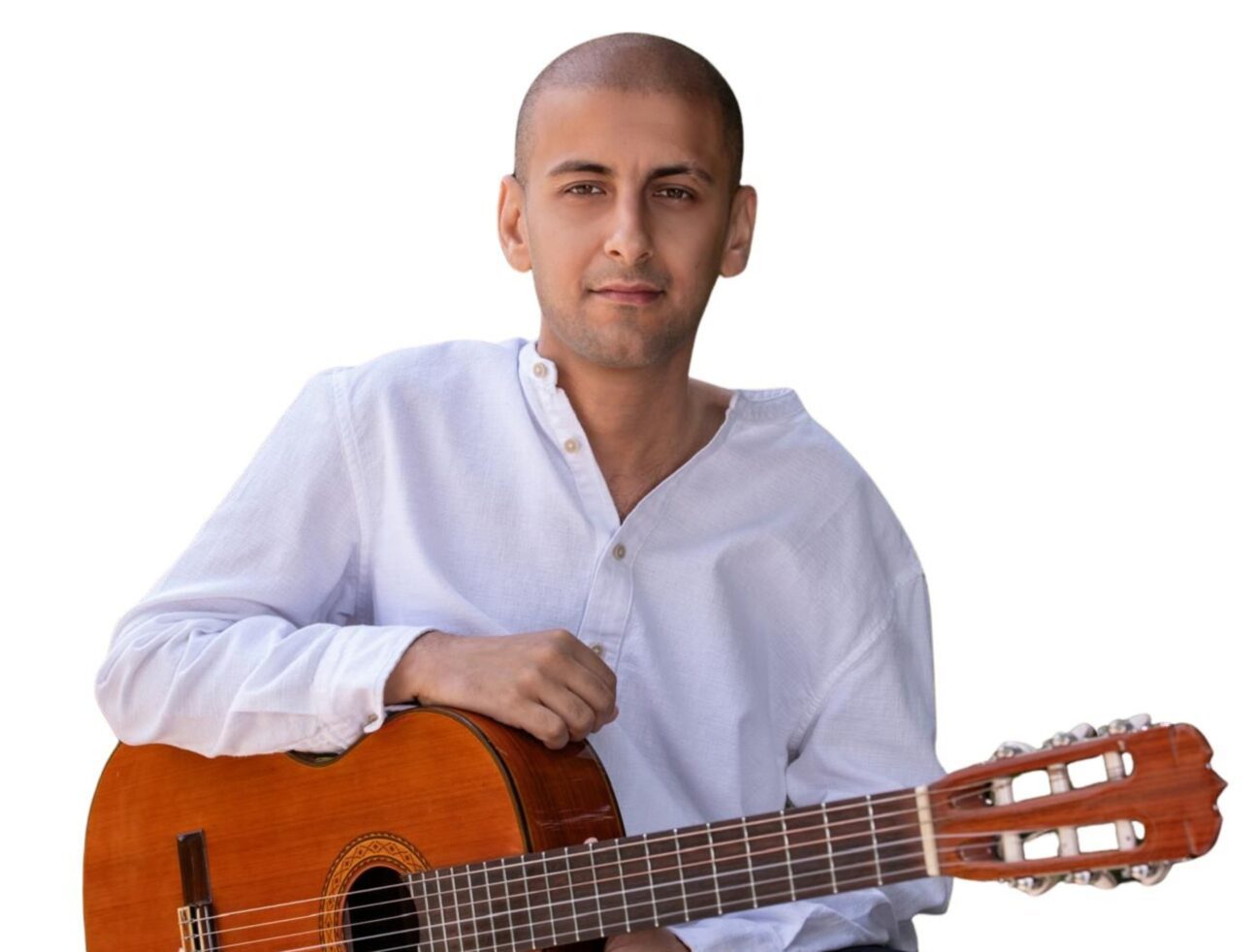In 1967, Gunther Schuller began a decade of service as president of NEC, a remarkably consequential tenure during which he established the first fully accredited Jazz Studies Department at an American conservatory and launched the Third Stream Department, named for the musical terminology he’d coined in 1957 to describe the then-radical fusion of classical music and jazz. “Nothing like that had ever existed,” NEC Dean and Chief Artistic Officer Hank Mou said. “Gunther Schuller fostered collaborations between artists who hadn’t previously worked together and in doing so laid the groundwork for the creation of entirely new musical languages.”
At the heart of the programming NEC will present during the fall 2025 semester is this year’s NEC Festival, Jumpin’ in the Future: The Legacy of Gunther Schuller, which will feature performances and discussions at whose core is the fearless innovation Schuller brought as an artist and educator to NEC, and that continues to imbue the Conservatory’s ethos.
In exploring Schuller’s pioneering vision, this year’s NEC Festival will include concerts presented by the Jazz Studies and Contemporary Musical Arts departments — the latter of which began as the Third Stream Department — including Contemporary Musical Arts Today: A Global Vision Realized and Of Reminiscences and Reflections, a program of performances, recorded audio, projected images, and commentary celebrating Schuller’s 100th birthday and cosponsored by the Gunther Schuller Society. Fittingly, the fall 2025 concert season at NEC will open with a program showcasing CMA Department faculty and honoring Ran Blake, the department’s intrepid founding chair, on the occasion of his 90th birthday.
Just as NEC has, since its establishment, stood at the intersection of tradition and innovation, so, too, has the First Monday at Jordan Hall series. Founded in 1985 by faculty cellist Laurence Lesser, the beloved series through which audiences have been introduced to NEC faculty, alumni, students, and guest artists in performances of familiar and new chamber music repertoire continues into its 41st year, led by three Artistic Co-Chairs, violist Nicholas Cords, violinist Soovin Kim, and pianist HaeSun Paik. Lesser is now Founder and Artistic Advisor. Concerts presented in October, November, and December respectively will honor Lesser and acknowledge the 50th anniversary of Shostakovich’s death, celebrate Schuller’s legacy, and pay tribute to Boston’s baroque-music community.
Music by NEC’s Composition Department faculty will be highlighted in the Arthur Berger Memorial Concert, which, in the first semester, will present Five Settings of European Poets, and through “Home”: A Journey for Cultural Identity and Belonging, among other performances.
Led by Director of Orchestras Hugh Wolff, the NEC Philharmonia and NEC Symphony will perform works by Hannah Kendall and Joan Tower alongside music by Bartók, Beethoven, Berio, Elgar, Franck, Haydn, Mahler, and Shostakovich. The NEC Chamber Orchestra will perform music by Mieczysław Weinberg alongside works by Mozart, R. Strauss, and Stravinsky. NEC Opera will stage Jonathan Dove’s Flight, and the NEC Jazz Orchestra will perform compositions and arrangements by the late pianist and composer Carla Bley. Additionally, the fall 2025 season at NEC will feature artist residencies, master classes, and faculty and student recitals, including those presented by the musicians in NEC’s prestigious Institute for Concert Artists.
As the Conservatory honors Schuller’s trailblazing vision, NEC’s Preparatory School is marking 75 years of shaping generations of musicians, families, and community members across Greater Boston. To celebrate this milestone, NEC Prep will host an anniversary event featuring master classes, panel discussions, and a concert in Jordan Hall, with additional alumni and community celebrations taking place throughout the year.
The fall semester is one that will recognize the outsized influence Schuller had on NEC faculty, students, alumni, and the global music community. In celebrating Schuller’s legacy, the Conservatory looks to a future that builds on his example of breaking barriers and bringing together once-disparate artistic voices.
“While tradition certainly informs our direction,” Conservatory President Andrea Kalyn said, “that direction moves forever forward. NEC is singular in its historically proactive exploration of what music education can and should look and sound like.”
Visit NEC’s Events Calendar for details about upcoming performances.
